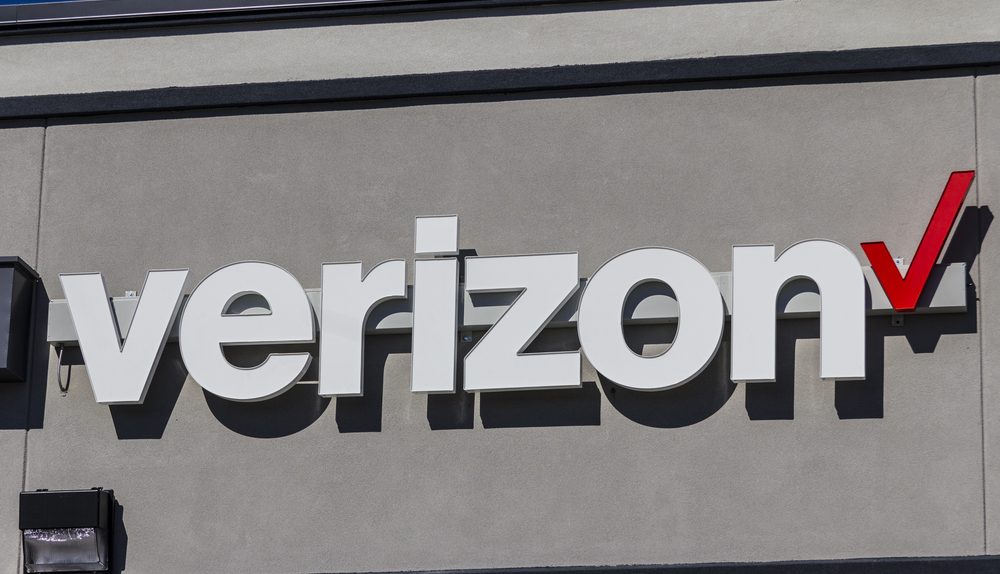In the next few years, Verizon is planning on replacing wired home broadband with a wireless 5G connection. It sounds great in theory, but anyone who’s been unfortunate enough to use a cell plan for their home internet probably has a few horror stories about why that sounds terrible.
But don’t worry: Verizon is already promising that its 5G home internet service won’t have the same kind of restrictions as 4G data plans. That sound you can hear? 10,000 people collectively saying “I’ll believe it when I see it.”
Verizon has already been testing millimeter-wave high-speed 5G connections at its lab in New Jersey, and earlier this week, a bunch of news outlets got access to view the demos and learn more about Verizon’s 5G plans. Right now, Verizon’s main focus with 5G is fixed wireless broadband. That means a receiver in a customer’s home, which communicates with a transmitter placed a couple hundred yards away, preferably within line-of-sight.
Millimeter-wave 5G uses far more spectrum than the 4G cell connections we’re used to, which means a much higher data throughput, making it practical for home broadband. Verizon said that 5G fixed wireless “should be able to handle the average data load of a Fios customer,” but more importantly, it won’t be subject to 4G-style data caps:
During a roundtable, VP of network support Mike Haberman, some other Verizon folks, and the assembled journalists agreed that an average data cap in the vicinity of 180GB/month would satisfy the average consumer. That’s far more than Verizon’s current 4G traffic management limit, where folks who use more than 22GB get sent to the back of the line if a tower is congested.
“That shouldn’t be a problem with 5G. What does 4K video use? Think about how many 4K TVs you can put on a service that’s a true 1 gigabit to your house,” Haberman said.
It’s encouraging that Verizon isn’t just approaching 5G as a faster version of 4G, but the talk of data caps so early on in the development of the technology is worrying. Data caps are being rolled out across home broadband plans — which have traditionally been unlimited — at an alarming rate. The introduction of 5G is an even more obvious opportunity for carriers to push data caps on home internet as the new norm, as customers are used to their home broadband being capped. Still, everything is still very much in the trial stage, and it’ll be years until we see 5G deployed as a home broadband solution in a meaningful capacity.










